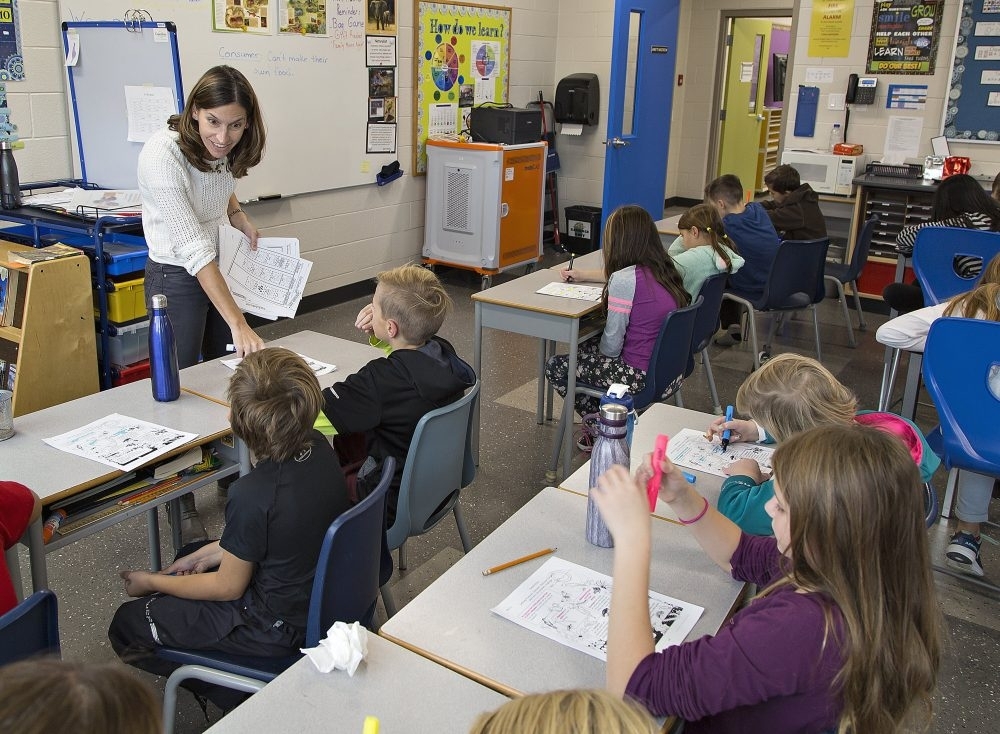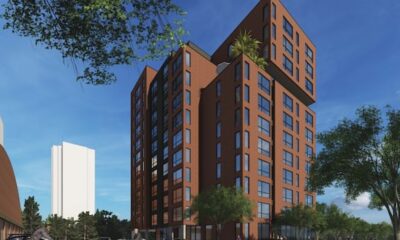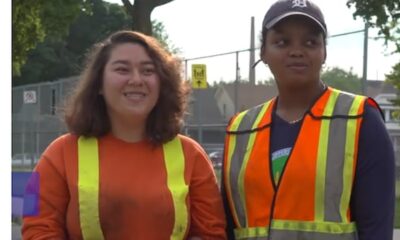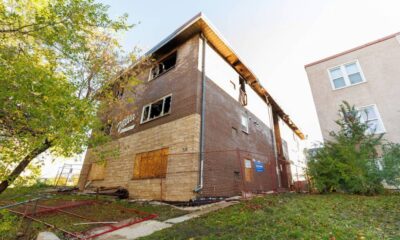Education
Parents Demand a Voice as Curriculum Debates Intensify in Winnipeg

Back-to-school season in Winnipeg has shifted from excitement to frustration for many families. Parents are increasingly feeling excluded from discussions regarding their children’s education, particularly concerning the curriculum being taught in public schools. Key topics such as Indigenous history, gender identity, and sexual education have sparked significant debate, yet parents often find themselves sidelined in the decision-making process.
According to a 2023 survey conducted by the Fraser Institute, a striking 70 percent of Canadian parents expressed a desire for greater involvement in curriculum decisions, but only 30 percent felt that their voices were being heard. This disconnect between school boards, provincial education departments, and families has raised concerns about transparency and accountability within the education system.
Shift in Curriculum Focus Raises Concerns
One of the most contentious issues centers around the teaching of Canadian history. Current educational materials are being revised to emphasize historical injustices such as residential schools, systemic discrimination, and the impacts of colonialism. While it is crucial to address these topics, many parents worry that this approach may present a skewed narrative, neglecting the complexities and diverse perspectives that shape Canada’s history. Parents advocate for a balanced curriculum that promotes critical thinking and contextual understanding rather than ideological stances.
The ramifications of parents feeling excluded from the educational process are already becoming apparent. In Manitoba, enrollment in private schools surged by 12 percent from 2018 to 2023, while homeschooling rates increased by nearly 20 percent. Families in Winnipeg are actively withdrawing their children from public schools, citing a lack of consultation and what they perceive as politically driven curriculum changes. For many, this situation transcends political ideologies; it strikes at the heart of parental rights and trust in public education.
Historical Context of Parental Involvement
Historically, parental involvement in education was more robust. In the 1980s and 1990s, curriculum updates were typically discussed in town halls, allowing parents to provide feedback and influence the educational materials their children would encounter. Today, however, many decisions are made behind closed doors, leading to rising frustration among parents and heightened tension within classrooms.
Teachers now find themselves navigating politically charged discussions without adequate support. Parents argue that meaningful involvement does not equate to controlling classroom content. Instead, they seek a partnership with educators, emphasizing that they can offer valuable insights into their children’s needs and learning preferences.
Successful models from several U.S. states demonstrate that parental review panels can effectively engage families while maintaining academic rigor. These initiatives show that collaboration between parents and schools can lead to improved educational outcomes without compromising academic standards.
The stakes are high as public education strives to foster trust and community cohesion. When parents feel excluded, the consequences can be detrimental: declining enrollment, fractured communities, and diminished trust in the education system. Schools in Winnipeg face an urgent need to balance transparency, diversity, and academic integrity. Engaging parents in the decision-making process is essential for achieving these objectives.
As students prepare to return to classes this September, families in Winnipeg and across Manitoba are calling for their voices to be acknowledged and valued. With the curriculum undergoing significant changes and core values being debated, the future of education hangs in the balance. Public schools can only thrive if parents are included in discussions, students are supported effectively, and decisions are made openly and collaboratively.
The ongoing curriculum debates may be complex, but the exclusion of parents is not a viable solution. The health of public education depends on fostering an environment where parents, educators, and students work together towards a common goal of enriching learning experiences for all.
-

 Politics4 weeks ago
Politics4 weeks agoSecwepemc First Nation Seeks Aboriginal Title Over Kamloops Area
-

 World5 months ago
World5 months agoScientists Unearth Ancient Antarctic Ice to Unlock Climate Secrets
-

 Entertainment5 months ago
Entertainment5 months agoTrump and McCormick to Announce $70 Billion Energy Investments
-

 Science5 months ago
Science5 months agoFour Astronauts Return to Earth After International Space Station Mission
-

 Lifestyle5 months ago
Lifestyle5 months agoTransLink Launches Food Truck Program to Boost Revenue in Vancouver
-

 Technology3 months ago
Technology3 months agoApple Notes Enhances Functionality with Markdown Support in macOS 26
-

 Lifestyle3 months ago
Lifestyle3 months agoManitoba’s Burger Champion Shines Again Amid Dining Innovations
-

 Top Stories2 months ago
Top Stories2 months agoUrgent Update: Fatal Crash on Highway 99 Claims Life of Pitt Meadows Man
-

 Politics4 months ago
Politics4 months agoUkrainian Tennis Star Elina Svitolina Faces Death Threats Online
-

 Sports5 months ago
Sports5 months agoSearch Underway for Missing Hunter Amid Hokkaido Bear Emergency
-

 Politics5 months ago
Politics5 months agoCarney Engages First Nations Leaders at Development Law Summit
-

 Technology5 months ago
Technology5 months agoFrosthaven Launches Early Access on July 31, 2025




















